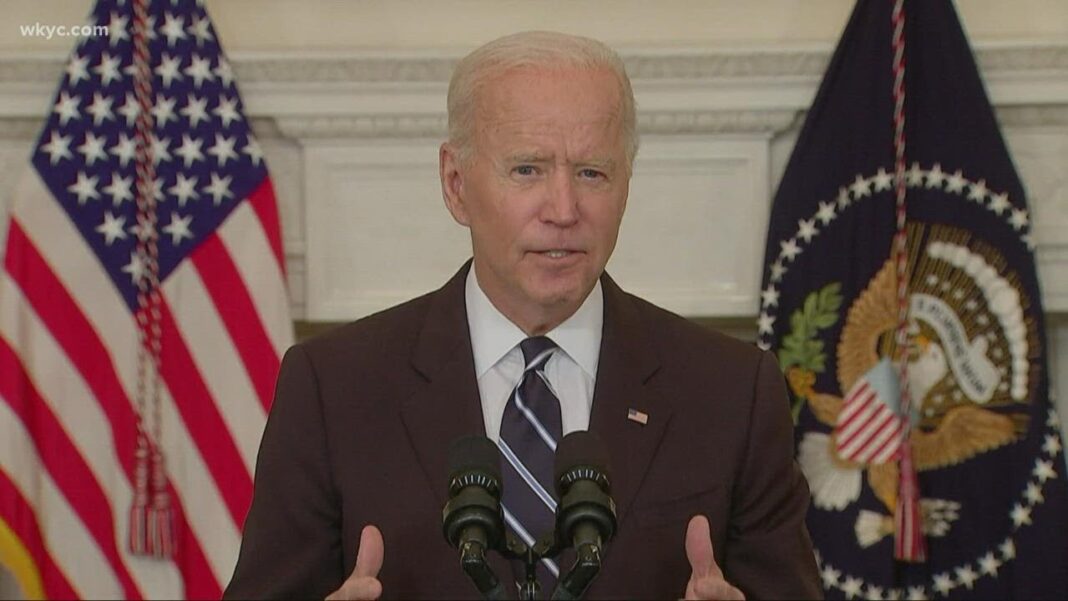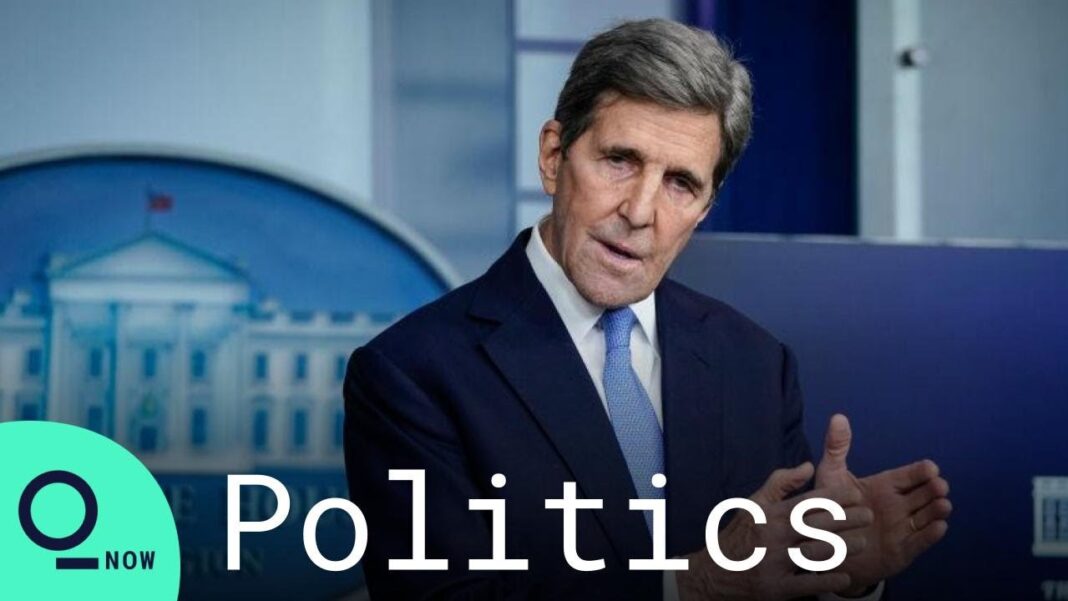
Fewer than a dozen Republicans are expected to back the Senate-passed bill. (For now.)
If House Democrats keep pushing their two-track plan for a party-line social spending bill and a bipartisan infrastructure bill, they can’t expect many GOP passengers on that second train.
Fewer than a dozen House Republicans are expected to vote for the $550 billion infrastructure bill — which got 19 Senate GOP votes last month — according to multiple lawmakers in the party. But the infrastructure measure’s House GOP support could triple if Democrats detach its fate from a party-line social spending bill with a multitrillion-dollar price tag, several House Republicans estimated in Monday interviews.
Those numbers are still in flux, the members said, addressing the closely held vote count candidly on condition of anonymity. But the fluidity of the situation illuminates the plate-spinning act that House Democratic leaders are trying to pull off: Depending on how many of their progressives withhold votes from the infrastructure bill, an unexpected uptick in GOP support on the floor could upend the careful plans of President Joe Biden’s party.
“If the $3.5 trillion reconciliation push dies, there will be more GOP support,” said centrist Rep. Don Bacon (R-Neb.), referring to the filibuster-proof process Democrats are using for their separate social spending bill. Bacon, a member of the bipartisan Problem Solvers Caucus, said its members would lend a hand on infrastructure “if there is a standalone vote.”
Of course, Democrats are staying yoked to what they’ve called their two-track approach: linking the infrastructure bill crafted by their centrists to a bigger, progressive-leaning measure that would expand Medicare, boost paid leave and fight climate change. But as that latter reconciliation push teeters amid growing intra-party Democratic discontent, the possibility of two dozen or more House GOP votes for the Senate’s infrastructure deal gives centrists a powerful argument in favor of detaching the tracks.
Problem Solvers Caucus co-chair Rep. Brian Fitzpatrick (R-Pa.), retiring Rep. Tom Reed (R-N.Y.) and Rep. Fred Upton (R-Mich.) are among the House Republicans expected to vote for the infrastructure bill regardless of what Democrats do, according to fellow GOP centrists. As one moderate House Republican put it, the “typical ones” in the conference are set to vote yes.
But Republicans aren’t certain if the infrastructure vote will even happen by Sept. 27, as Speaker Nancy Pelosi indicated following a rebellion last month by a handful of her own centrists. Moderate and progressive Democrats have split on how to proceed with the infrastructure bill, with Sens. Kyrsten Sinema (D-Ariz.) and Joe Manchin (D-W.Va.) coming out against a bill that costs $3.5 trillion and threatening to derail progressives’ efforts.








